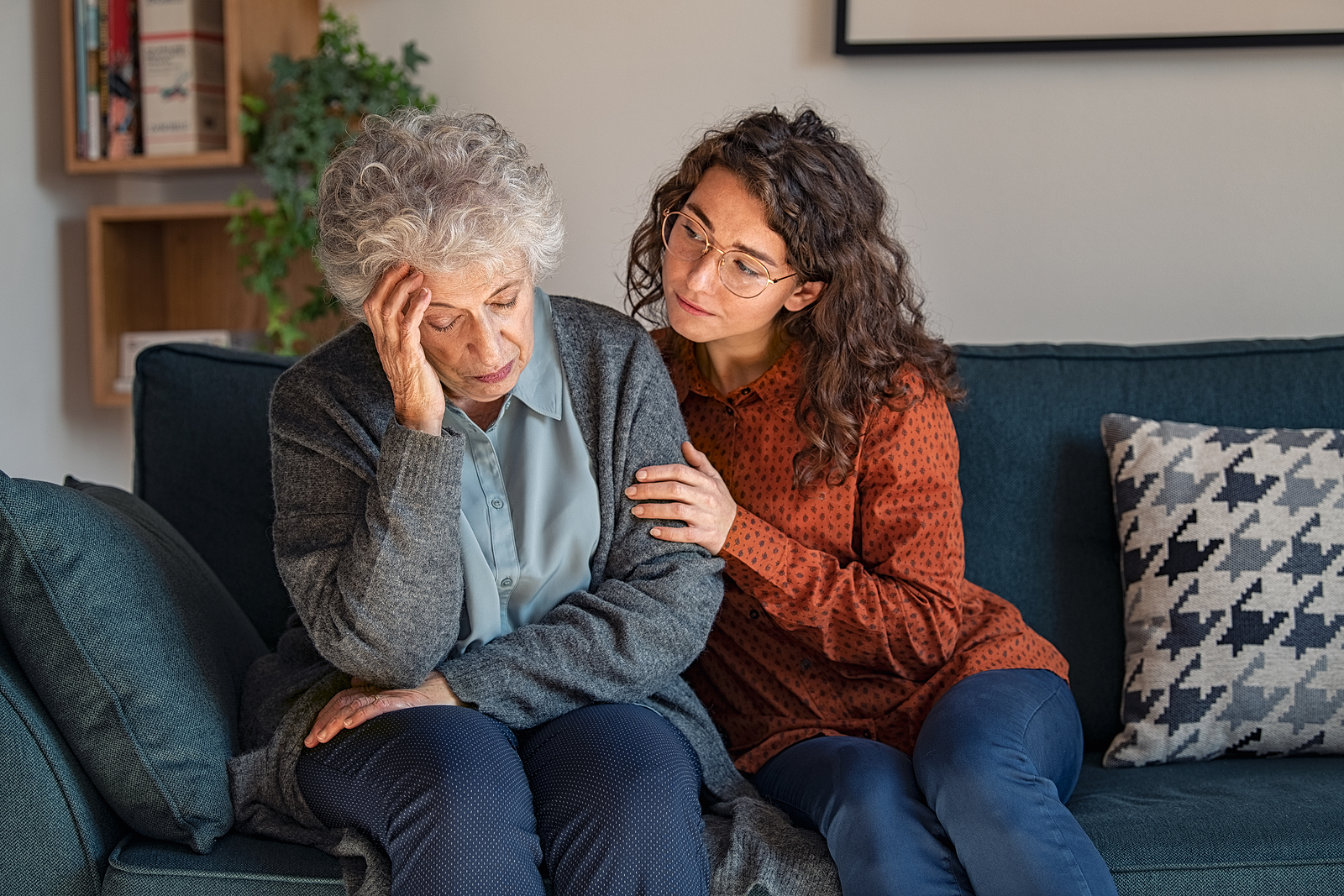In the United States, more than two million adults in the 65 and over category report depression.

Adults living outside a nursing home or hospital are less likely to be depressed. Experts estimate only one to five percent of those seniors experience depression. However, in nursing homes, that percentage escalates to twenty-nine to fifty-two percent.
And older adults are at greater risk of complications from depression. In the aged, depression is linked to self-neglect, loss of fitness due to weight loss and inactivity, heart disease, and even a higher risk of dementia.
So it pays to consider the factors that lead to depression in adults.
-Loneliness
Old people do not have a monopoly on loneliness. A 2018 survey showed that twenty percent of adults felt lonely. Recent studies show that young people, ages sixteen to twenty-four, are lonelier than their grandparents.
But social isolation due to the pandemic has hit the elderly hard, and that loneliness is often linked to depression. It should be noted, however, that loneliness does not automatically lead to depression. Some seniors cherish their privacy and alone time. It varies from one individual to the next.
And it makes little difference where a senior lives. Rural dwelling seniors are only slightly more likely to experience the social isolation that leads to depression. That’s because being physically further away from others can cause a senior to retreat further from social situations.
-Death of a Spouse
It is perfectly normal to be sad when a beloved spouse dies. However, if this sadness leads to depression, it puts seniors at risk for chronic health issues and early mortality. According to Mental Health America, one-third of seniors report symptoms of depression in the first month after a spouse’s death. And in one-half of those depressed individuals, that depression will persist.
-Chronic Health Issues and Medications
For seniors, health issues and depression are cyclically related. Health conditions, especially heart disease, can bring on depression, and depression can lead to chronic health issues, like impaired heart and lungs. And it’s a sad irony that the medications that seniors take to alleviate their chronic health issues can also lead to depression.
-Heredity
Some people inherit a predisposition to depression. This does not automatically mean they will become depressed, however. Individuals who steer clear of the trauma that triggers hereditary depression can go their whole lives without a depressive episode. Unfortunately, old age often brings hardships that activate the depression trait. That means that someone who was never depressed before could become depressed in old age because of heart disease or disability.
Elder care can be the difference between mental health and depression
Elder care professionals who go to your parent’s home for a few hours a week or full time can prevent or alleviate depression by providing companionship. While an elder care aide cannot replace a beloved departed spouse, she can provide the kind of companionship that mitigates against grief.
Elder care aides can encourage your beloved mother or father to get outside for mild exercise and also encourage good self-care. These professionals cook delicious meals which they can then share with their clients.
In conclusion, the risks of depression for the elderly remain high during the social distancing that is currently recommended. And such depression is dangerous. It can lead to worse mental health and physical health. Consider home care to protect your loved one from these risks.
If you or an aging loved one is considering hiring Home Care Services in Del Cerro, CA, or the surrounding area, please contact the caring staff at Love 2 Live Care. Call Today 1-619-291-4663
Sources
https://www.washingtonpost.com/
https://www.mhanational.org/
https://www.health.harvard.edu/